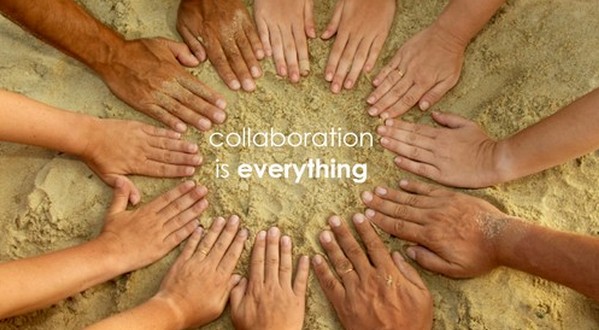Hacking Climate Change [3of3] [BlogActionDay]
Today is the second annual Blog Action Day that HX has participated in. Last year's post was on Poverty; and as you can see, this year's is on Climate Change. I would encourage you to check out www.blogactionday.org to see what other groups have talked about.
Part III - Hacking Climate Change
As was said in part I, Climate Change is so huge that to detail exactly what it is, what is causing it, what role humans have in it, is just too tedious. So far, instead, we've talked about our understanding of God and the human condition upon which we can rest our struggles with climate change.
There are two assurances that we have even as we wrestle with difficult topics. The first is assurance that our God is relational because we understand God as Trinity; that is, a relationship between 3 aspects of God:
In the beginning was relationship, says the Trinity [which] reminds us that God is not an isolated individual--indeed, nothing is.We are not alone on this journey, and secondly, we do not have a disconnected God who winds the clock and lets us run:
McFague, A New Climate, pp165
First, God had made it; second, God loves it; and third, God keeps it.
Julian of Norwich
I hope that climate change has come up at a time when we are equipped to deal with it with a new tool in our toolkit that has never before been possible: mass collaboration.
 So here's the hack: we focus on the aggregate of small responses, building up our own communities, in coordination with nation-state changes. Let the politicians and businesspeople do the macro work, while anyone who reads this blog (which isn't those people) do the micro-work necessary to effect change.
So here's the hack: we focus on the aggregate of small responses, building up our own communities, in coordination with nation-state changes. Let the politicians and businesspeople do the macro work, while anyone who reads this blog (which isn't those people) do the micro-work necessary to effect change.We take our example from Linux. No one single-handedly coded the free operating system; thousands of programmers didn't code Linux. They didn't. But thousands did fix the little problems and niche areas they felt confident in. The aggregate of efforts became Linux, but no one or group coded it themselves. All it was was thousands of independent programmers fixing small problems until the bugs list was manageable. Same way with Wikipedia: no one wrote all the articles, thousands of people in aggregate maintain them.
And so it will with us. The aggregate of thousands of human efforts cannot have anything less than a positive impact (a) on our local ecosystems (b) on groups of ecosystems, and (c) on the residents' understanding of God as lover of humanity. In promoting understanding of a close relational God that warms our cooled hearts, we are laying the groundwork for an explosion of human potential. There's tons of resources and communities...just read a sampling of the Blog Action Day posts and you'll find tons of both!
Thanks for reading, and have a happy Blog Action Day!
This post is part of Blog Action Day 2009 - Climate Change















0 comments:
Post a Comment